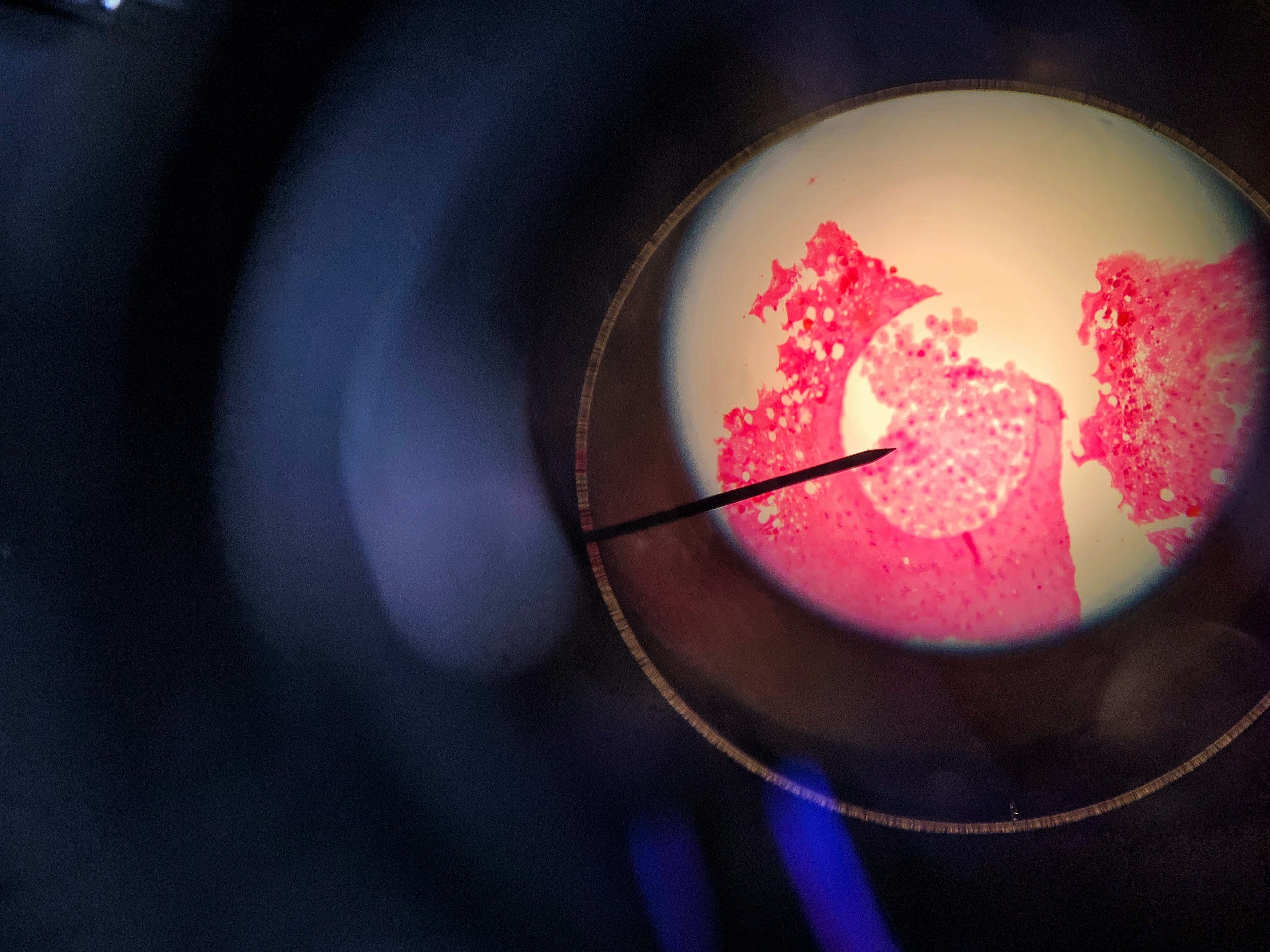Microplastics have even reached the point of polluting eggs

An Italian study has detected microplastics in women's ovarian follicular fluids for the first time, which puts female fertility and the genetic heritage that is passed on at risk. All the details
We are used to hearing that microplastics are everywhere , now even in our body and in the placenta, but they had not yet been found in the female reproductive system, in particular in the follicular fluid which is in direct contact with the female gametes, i.e. the eggs.
The discovery, published in pre-print on medRxiv with an article entitled "First evidence of microplastics in human ovarian follicular fluid: an emerging threat to female fertility" female fertility"), was carried out by the research group led by Luigi Montano, uroandrologist of the ASL Salerno and past president of the Italian Society of Human Reproduction, in collaboration with the University of Salerno, the Federico II of Naples, the University of Catania, the Gentile research center in Gragnano and the Hera center in Catania.
The same team had already identified, again for the first time, the presence of microplastics in urine and semen , having written respectively in the journals Toxics in January 2023 and Science of The Total Environment in July 2023.
THE DISCOVERY
The research not only detected the presence of nano and microplastics – with an average concentration of 2,191 particles per milliliter – but also the size below 10 microns – with an average diameter of 4.48 microns -, highlighting a correlation between the concentration of microplastics and some parameters linked to ovarian function.
“These are substances with dust-like dimensions, which penetrate deeply into our organism and which are introduced into the organism with the water we drink , the food we eat , the air we breathe and also through the skin with cosmetics for example ”, explained Montano.
The presence of microplastics in ovarian follicular fluids has occurred in women undergoing medically assisted procreation.
THE RISKS
“In light of the negative effects on the female reproductive system that have been well documented in experiments in the animal world, [this discovery] worries us quite a bit,” Montano said. “These same substances, in fact, not only have a direct damaging effect on ovarian function through various mechanisms, primarily oxidative stress, but also act as a Trojan horse for other notoriously toxic substances, such as heavy metals, phthalates, bisphenols, dioxins , polychlorinated biphenyls and, according to recent studies, also a vehicle for viruses, bacteria and protozoa".
“In conclusion, this discovery represents confirmation of how plastic contamination should be considered an emergency to be addressed immediately and that the discovery of microplastics in the follicular fluid which is in direct contact with the female gametes represents in itself a threat significant to the integrity of our genetic heritage which is transmitted to future generations”, state the authors of the study.
MEDICALLY ASSISTED PROCREATION AND LEAs
The topic will be discussed at the 7th national congress of the Italian Society of Human Reproduction (Siru) which will be held in Bari from 11 to 13 April, on which occasion the issue of postponing the entry into force of the essential levels of assistance will also be addressed (Lea), which also involves medically assisted procreation. “A vulnerability for couples who intend to undertake this path”, warn the specialists.
In general, the president of Siru, Paola Piomboni, recalled, infertility in Italy "is a widespread problem that affects almost one couple in five of childbearing age and the path of the infertile couple will be at the center of the debate and conference discussion" .
This is a machine translation from Italian language of a post published on Start Magazine at the URL https://www.startmag.it/sanita/le-microplastiche-sono-arrivate-a-inquinare-anche-gli-ovuli/ on Sat, 13 Apr 2024 06:20:46 +0000.
